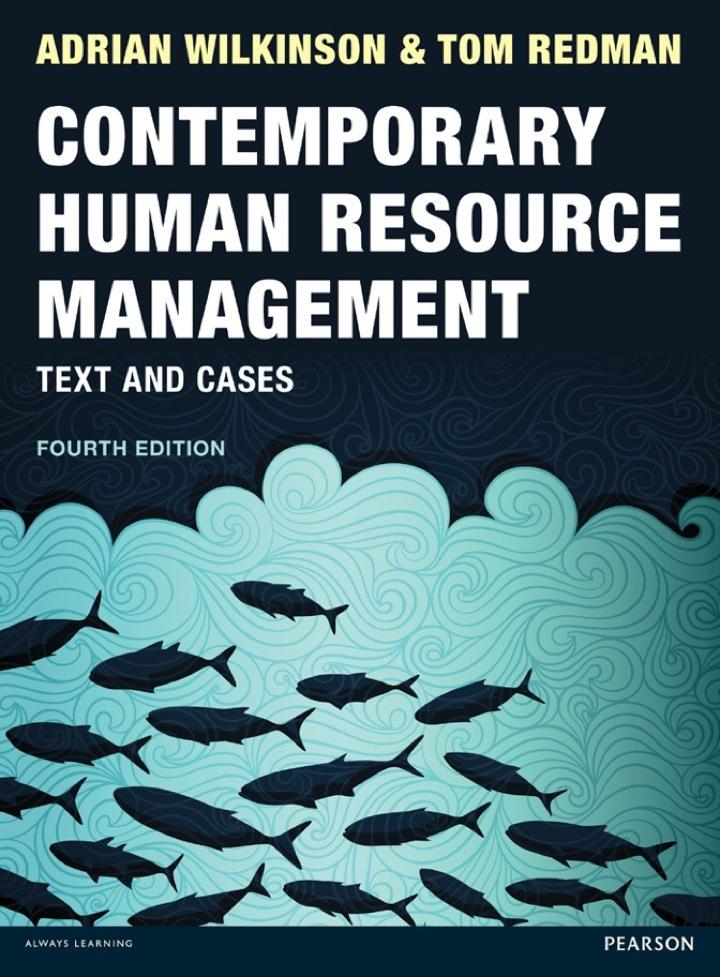Jason is a section manager at Theme Park Co. He is responsible for managing 8 full-time and
Question:
Jason is a section manager at Theme Park Co. He is responsible for managing 8 full-time and 14 part-time, largely seasonally employed workers, who work in the family section of a major theme park. This particular area of the park includes rides specifically designed for children who are under the minimum height requirement for the ‘thrill’ rides (the roller-coasters and so on), and many of the rides are based on familiar children’s characters from television programmes, films and children’s books. This section of the park has been experiencing recurring problems with unacceptably high levels of voluntary staff turnover, as well as escalating reports of customer dissatisfaction. The latter have been revealed as a result of verbal reports both to Jason himself, and to members of his team, as well as through customer exit surveys. These have suggested that both adult and child customers are particularly unhappy about excessively long waiting times, rides not functioning correctly and disappointment when children are refused entrance to a ride or attraction because it is being serviced or cleaned. The most stressful side of the job for Jason is balancing the need for ‘throughput’ (processing customers through the rides and attractions as efficiently as possible) with the demand for customer satisfaction, and the need to provide a quality, personalised service to children and their families. As he puts it, ‘It’s, you know, pushing people through but with a smile, so we do actually have to spend some time, to keep them coming back.’
Through their staff development mechanisms, Jason and his line manager have reached the conclusion that while Jason is coping extremely well with the logistical aspects of his role, he would benefit from developing his skills in coping with the emotional side of the job, and in particular the competing demands placed upon him. They have identified a training consultancy that runs courses on emotional intelligence and need to outline what Jason feels he needs and how he is likely to benefit through developing his emotional intelligence.
Question
1 Clarify what the term ‘emotional intelligence’ means and outline the kind of skills and abilities that Jason might improve as a result of developing his emotional intelligence.
2 What might be the main benefits of providing Jason with an opportunity to develop his emotional intelligence – for Jason, for Theme Park Co. as an employer, and for customers?
3 With reference to this particular example, what criticisms might be made of this approach, and of the concept of ‘emotional intelligence’?
Step by Step Answer:

Contemporary Human Resource Management Text And Cases
ISBN: 9780273757825
4th Edition
Authors: Tom Redman, Adrian Wilkinson





